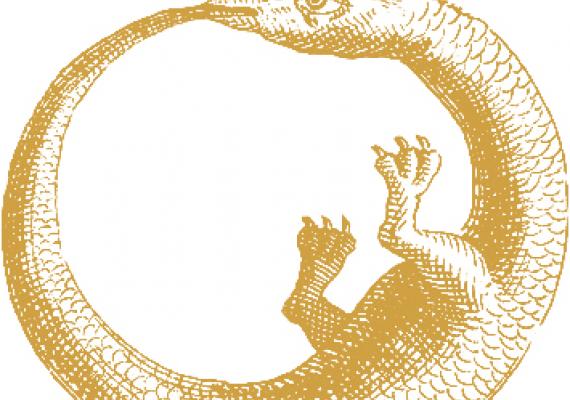Science and Transformation in Jewish Culture

What can Jewish history offer to the history of science and what can the history of science offer to Jewish history? These are the questions that framed the opening discussion this fellowship year and inspired the planning of the year-end Gruss Colloquium.
The theme this year—“Jews and the Natural World”—is rather capacious and has encompassed a wide range of topics including: Jewish views on evolution; animal/human hybrids in medieval Europe; geographical conceptions of the natural world in ancient literature; translation of scientific texts into Hebrew in the early modern period; public health in twentieth-century Palestine; and the relationship between humans and animals in rabbinic discussions of Noah’s Ark. As a result, we have been able to see the diversity of ways in which Jews interacted with the natural world in different times and places.
The planning committee decided to focus the year-end colloquium more specifically on “science” (albeit a broad word whose meaning changes in context) and “transformation”—since the issue Jews often grappled with wasn’t really “science” per se, but rather evolving ways of understanding and manipulating the natural world.
We came up with four ideal ways to address the subject: transmission, praxis, expertise, and states and institutions.
The first panel addresses “transmission” and aims to consider how Jews responded to changes in scientific thought in the early modern period specifically. The papers cover medical discourses in kabbalistic literature, how science was transmitted from the university to rabbinic culture, and the early modern reception of a medieval medical text.
The second panel covers “praxis”: the material and practical ways in which Jews made use of or adopted new scientific and technological objects. We hope the chronological span, twentieth-century America to medieval Europe, will allow for fruitful discussions about the importance of looking at material dimensions of science and technology in Jewish culture.
The third panel addresses “expertise”: how and where expertise and authority manifested themselves, from the use of ancient authority in medieval texts to expertise and authority in Zionism.
The fourth panel, on “states and institutions,” addresses nineteenth- and twentieth-century subjects including medical discourse and race, Jews and global health, and medicine and the state.
Panelists in the concluding round-table session will offer their thoughts from the perspectives of the history of science, early modern Jewish history, Jewish thought, and Jewish studies more broadly. The planning committee believes that, together, these panels will allow us to probe some of the most pressing questions that have arisen this fellowship year, especially whether we can even consider the history of Jews and science across the centuries as a coherent subject of its own.
Fellows of the Colloquium Planning Committee